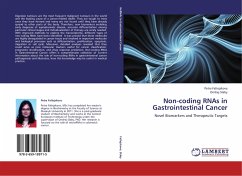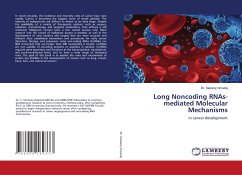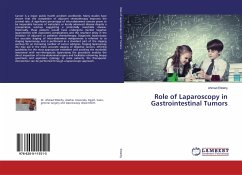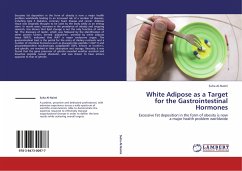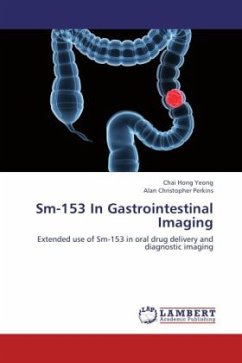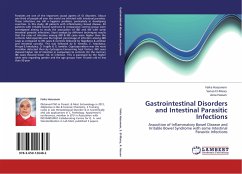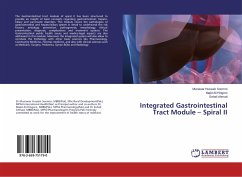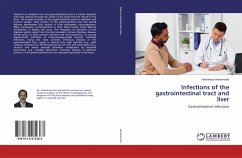Digestive tumours are the most frequent malignant tumours in the world and the leading cause of a cancer-related death. They are tough to treat once they have formed and many are not found until they have already spread to other parts of the body. Therefore, new biomarkers enabling early diagnosis of asymptomatic disease, accurate differentiation among particular clinical stages and individualization of therapy are sorely needed. With improved methods to explore the transcriptome, different types of non-coding RNAs have been identified. It was proved that these molecules are highly deregulated in cancer tissue and involved in important molecular and biological processes such as differentiation, proliferation, apoptosis, migration or cell cycle. Moreover, detailed analyses revealed that they could serve as new molecular markers useful for cancer classification, prognostic stratification, and drug response prediction. Non-coding RNAs in Gastrointestinal Cancer offers a comprehensive collection of current information about the role of non-coding RNAs in gastrointestinal cancer pathogenesis and illustrates, how this knowledge may be useful in medical practice.

